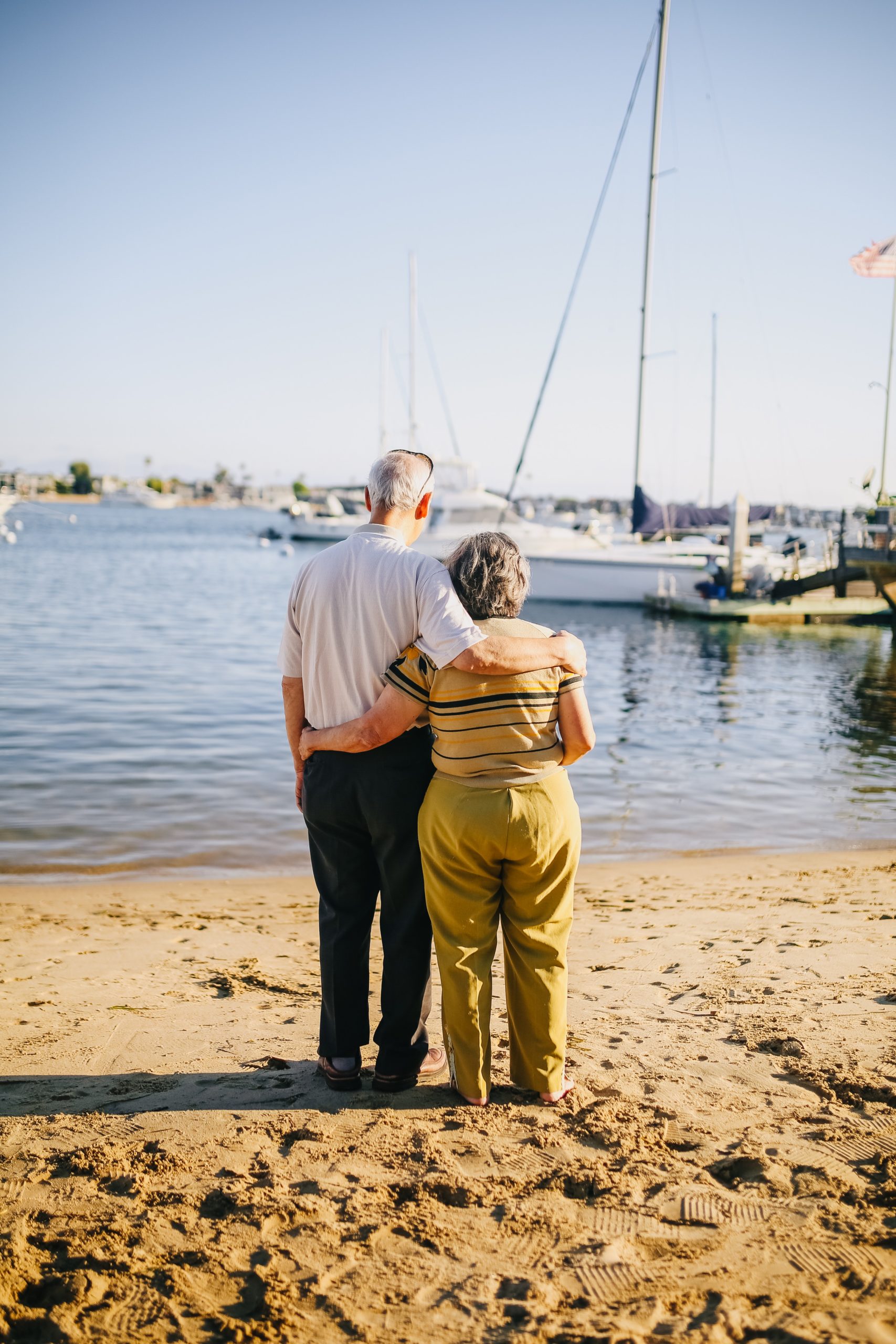When you’re supporting a survivor, it is important to seek as much information and support as you can for you, and for the person you’re supporting. This section of the website provides guidance and resources around supporting survivors on their healing journey. There is help and support for you too.
Supporting a family member, friend, colleague or even someone you don’t know so well, as they disclose their trauma, talk about it and seek help and support is a vital and often challenging role. It can also be life affirming.






